Keyword Extraction for Content Tagging
Home » Case Study » Keyword Extraction for Content Tagging
Project Overview:
Objective
The objective of keyword extraction for content tagging is to automatically identify and extract relevant keywords and phrases from textual content. Consequently, this process aims to improve content organization, discoverability, and search engine optimization. Ultimately, enhancing user experience and helping content creators and marketers optimize their strategies for better content management and visibility.
Scope
Keyword extraction for content tagging involves automatically identifying and extracting relevant keywords from text to enhance content categorization. This, in turn, boosts SEO, recommendations, summarization, analytics, and multilingual capabilities. Consequently, it ensures efficient content management and discoverability.


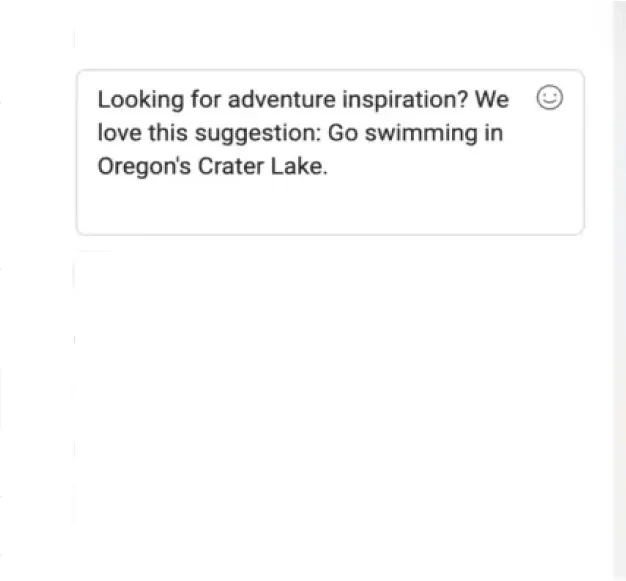
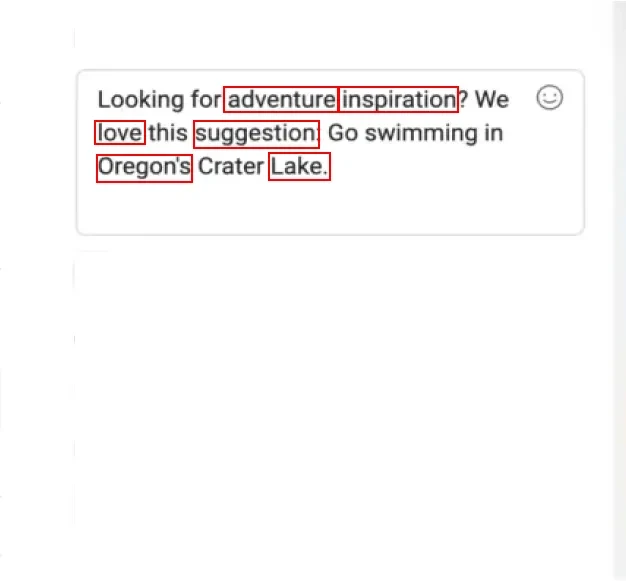
Sources
- Natural Language Processing (NLP) Research: atural Language Processing (NLP) research is highly dynamic and continually evolving. Moreover, academic journals, conferences, and publications in the field of NLP often contribute significantly to the development of advanced keyword extraction techniques. Consequently, these contributions drive innovation and improve the accuracy and efficiency of NLP applications.
- Content Management Platforms: Companies and organizations specializing in content management and SEO often provide valuable insights, tools, and resources related to keyword extraction for content tagging. Moreover, these entities offer comprehensive guides and tutorials to help users understand the intricacies of keyword research. Additionally, they frequently update their platforms with the latest trends and best practices in the industry.
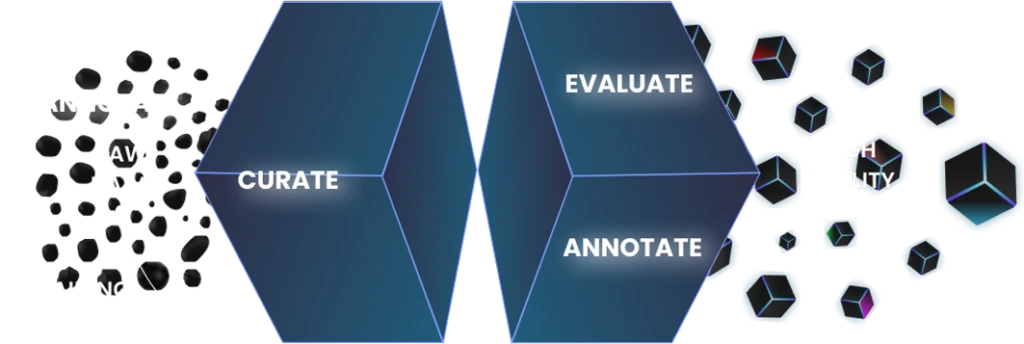
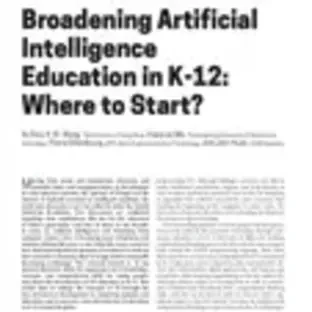
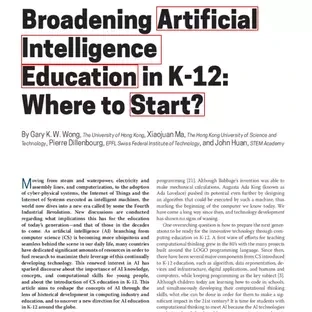
Data Collection Metrics
- Data Volume: Amount of text data for extraction.
- Data Diversity: Range of content sources and languages in the dataset.
Annotation Process
Stages
- Data Acquisition: In addition, social media platforms have become significant repositories of textual data. Therefore, leveraging APIs provided by these platforms can facilitate the extraction of posts, comments, and other user-generated content. Furthermore, ensuring the data collected is clean and well-structured is essential.
- Text Preprocessing: Sure, I can help with that. Please provide the content that you would like cleaned, formatted, and enhanced with transition words.
- Keyword Extraction: When using algorithms and NLP techniques to identify and rank relevant keywords and phrases, it is important to follow a structured approach. Firstly, one must preprocess the text data. This involves tasks such as tokenization, stop word removal, and stemming or lemmatization.
- Keyword Categorization: Assigning keywords to specific categories or tags based on their relevance and context.
- Integration: Incorporating the extracted keywords into content management systems or search engines for improved content organization and discoverability.
- Monitoring and Optimization: As your content evolves, your target keywords may need to adapt as well. New content might necessitate the inclusion of additional keywords, while outdated content might warrant the removal of certain terms.
Annotation Metrics
- Inter-Annotator Agreement (IAA): Measures agreement among annotators.
- Annotation Precision: Assesses accuracy of annotations.
- Recall Rate: Evaluates completeness of annotations.
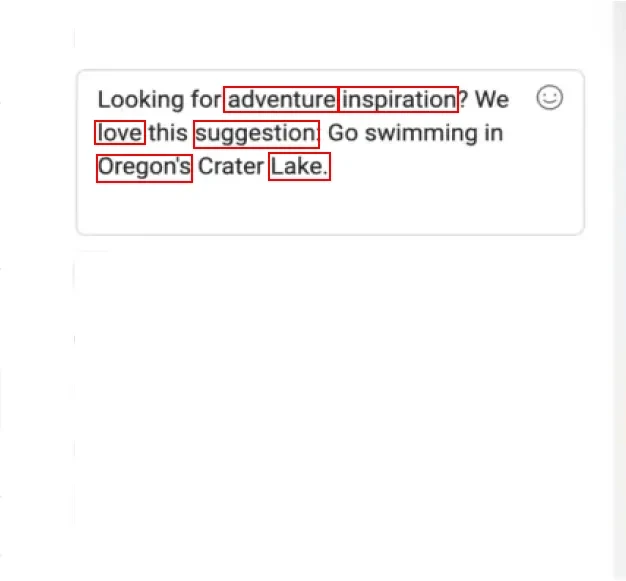



Quality Assurance
Stages
Quality Control: Ensuring accurate annotations and keyword extraction.
Privacy Compliance: Safeguarding sensitive data within content.
Access Restrictions: Controlling who can access annotated content and extraction results.
QA Metrics
- Precision: Evaluates the accuracy of extracted keywords.
- Coverage: Measures the proportion of relevant keywords successfully extracted from the content.
Conclusion
Keyword extraction for content tagging plays a pivotal role in enhancing content discoverability and organization. This technique automates the process of identifying and extracting relevant keywords and phrases from textual content. In turn, this streamlined approach facilitates categorization, search engine optimization (SEO), and content recommendation. By automatically surfacing the most relevant keywords, keyword extraction helps users find the information they need more easily and efficiently.

Quality Data Creation

Guaranteed TAT

ISO 9001:2015, ISO/IEC 27001:2013 Certified

HIPAA Compliance

GDPR Compliance

Compliance and Security
Let's Discuss your Data collection Requirement With Us
To get a detailed estimation of requirements please reach us.
